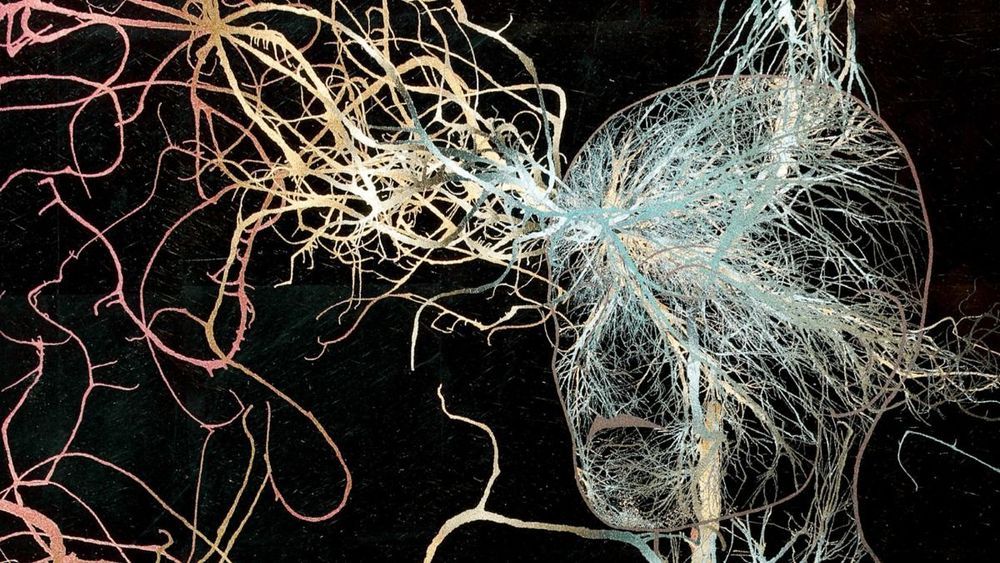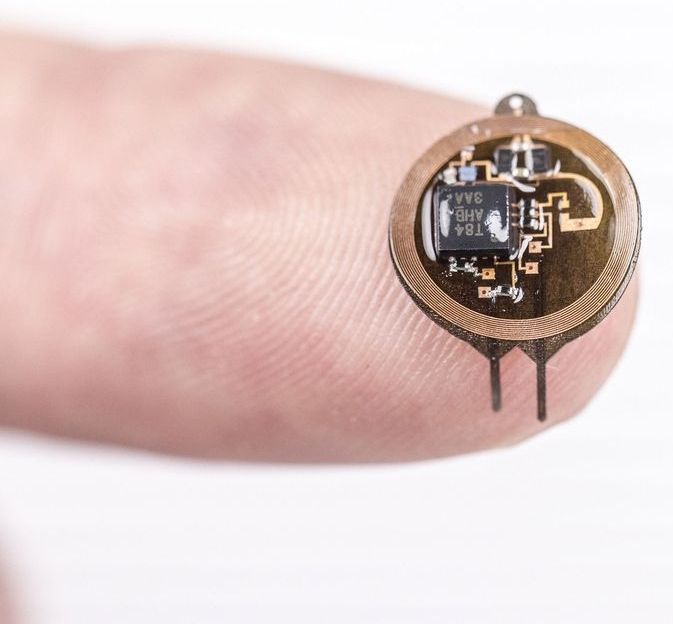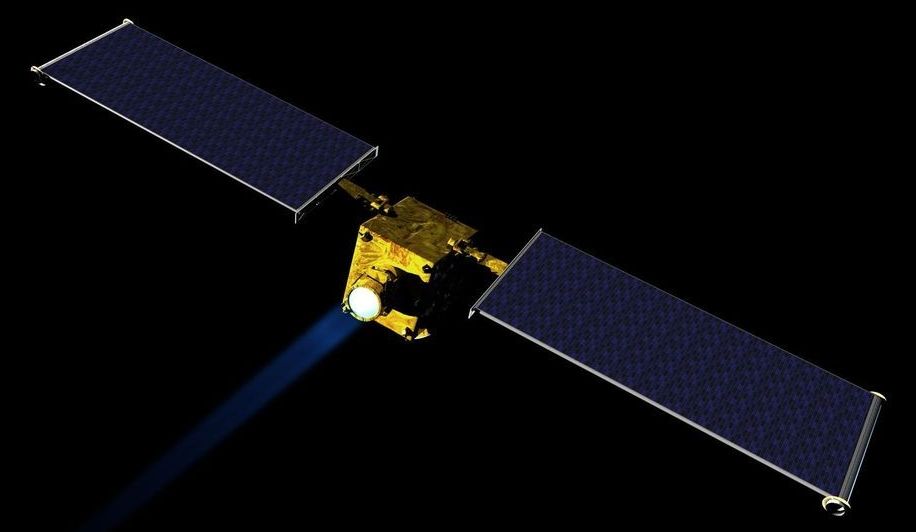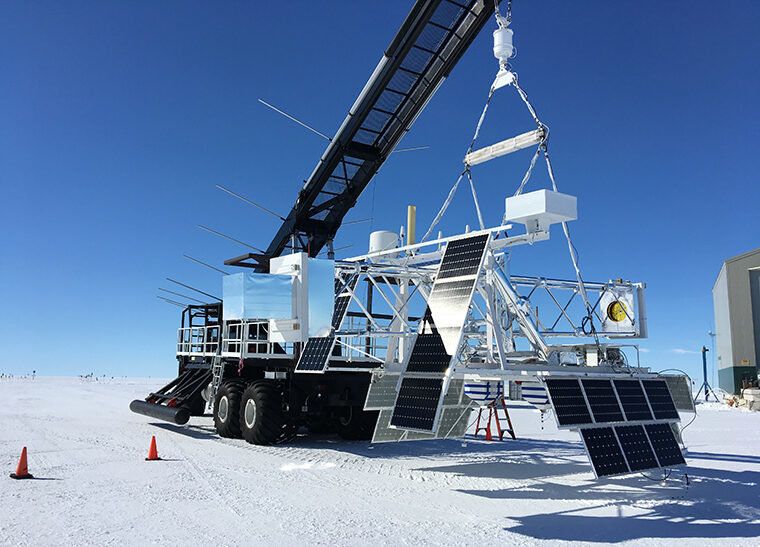Page 9156
Jan 2, 2019
How to build a brain interface — and why we should connect our minds
Posted by Montie Adkins in category: neuroscience
Jan 2, 2019
Controlling neurons with light—but without wires or batteries
Posted by Saúl Morales Rodriguéz in categories: biotech/medical, genetics, neuroscience
University of Arizona biomedical engineering professor Philipp Gutruf is first author on the paper Fully implantable, optoelectronic systems for battery-free, multimodal operation in neuroscience research, published in Nature Electronics.
Optogenetics is a biological technique that uses light to turn specific neuron groups in the brain on or off. For example, researchers might use optogenetic stimulation to restore movement in case of paralysis or, in the future, to turn off the areas of the brain or spine that cause pain, eliminating the need for—and the increasing dependence on—opioids and other painkillers.
“We’re making these tools to understand how different parts of the brain work,” Gutruf said. “The advantage with optogenetics is that you have cell specificity: You can target specific groups of neurons and investigate their function and relation in the context of the whole brain.”
Continue reading “Controlling neurons with light—but without wires or batteries” »
Jan 2, 2019
Nvidia’s fabulous fakes unpack the black box of AI
Posted by Mary Jain in category: robotics/AI
Innovating in the technology of “adversarial” neural networks, Nvidia researchers create some amazing fake headshots and also get a better glimpse of the inner workings of AI’s “black box” functions.
Jan 2, 2019
Humanity Will Slam a Spacecraft into an Asteroid in a Few Years to Help Save Us All
Posted by Genevieve Klien in category: space travel
NASA’s DART mission is on track to launch in June 2021 and collide with an asteroid called Didymos in 2022.
Jan 2, 2019
Looking Back at 2018: A Year in Rejuvenation Biotechnology
Posted by Steve Hill in categories: biotech/medical, life extension
Dear friends of healthy longevity, yet another year has gone by. Hold back the melancholy though, because in this day and age a passing year can be looked at as a year fewer to wait before rejuvenation biotechnologies are available, rather than a year taken from your healthy lifespan. Busy as we are with all the errands of daily life, it is easy to forget all that’s happened and the progress we’ve made in the field in one year. So while we wait for 2019, let’s take a look back at what 2018 has brought us.
Jan 2, 2019
A group of Mark Zuckerberg-funded researchers is testing implantable brain devices as part of a $5 billion quest to end disease
Posted by Klaus Baldauf in categories: biotech/medical, neuroscience
Chan-Zuckerberg researchers implanted a wireless brain device called the “Wand” in a primate. Their first study was published on New Year’s Eve.
Jan 2, 2019
What a Tiny Electron Reveals About the Structure of the Universe
Posted by Genevieve Klien in category: particle physics
What shape is an electron? The answer, believe it or not, has implications for our understanding of the entire universe, and could reveal whether there are mysterious particles still to be discovered.
Jan 2, 2019
Is it ethical to engineer HIV-proof babies?
Posted by Genevieve Klien in categories: biotech/medical, genetics
A Chinese scientist has claimed to use CRISPR to genetically engineer two babies. An expert explains what this means and the ethical implications.
Jan 2, 2019
Second scientific balloon launches from Antarctica
Posted by Genevieve Klien in category: cosmology
Washington University in St. Louis announced that its X-Calibur instrument, a telescope that measures the polarization of X-rays arriving from distant neutron stars, black holes and other exotic celestial bodies, launched today from McMurdo Station, Antarctica.


















